The European Union will require all iPhones as well as other electronic including tablets to incorporate USB-C no later than the end of 2024.
The EU's long-debated plan to enforce a common charger standard on manufacturers of smartphones, tablets, cameras and other devices, has become law. It was voted into law on October 4, 2022, by the EU Parliament with 602 votes in favor, 13 against, and 8 abstentions.
"The common charger will finally become a reality in Europe," said EU rapporteur (spokesperson) Alex Agius Saliba in a statement. "We have waited more than ten years for these rules, but we can finally leave the current plethora of chargers in the past."
"This future-proof law allows for the development of innovative charging solutions in the future, and it will benefit everyone - from frustrated consumers to our vulnerable environment," continued the statement. "These are difficult times for politics, but we have shown that the EU has not run out of ideas or solutions to improve the lives of millions in Europe and inspire other parts of the world to follow suit."
The EU has not specified a date beyond the end of 2024. However, the new law must be formally approved and published, and it will enter into force 20 days later.
EU member states will have a total of 24 months to adopt the law, meaning it can be no sooner than November 2024.
What the law will apply to
The EU says that its new law applies to new devices of any of these categories:
- Phones
- Tablets
- Digital Cameras
- Headphones
- Handheld game consoles
- Portable speakers
- E-readers
- Keyboards
- Mice
- Portable navigation systems
- Earbuds
- Laptops
Specifically, it applies to any of these devices if they are rechargeable via a wired cable, operate "with a power delivery of up to 100 Watts".
Each of these will now require a USB-C charging port. The law is specific about it being a USB-C charger, and despite claiming to be "future-proof," is not clear what happens if a better alternative is invented.
Apple and the EU
Apple has not yet commented publicly on the law, but it did consistently argue against it during the extended debate that preceded it.
"We believe regulation that forces conformity across the type of connector built into all smartphone stifles innovation rather than encouraging it, and would harm consumers in Europe and the economy as a whole," Apple wrote in 2020. "We hope the Commission will continue to seek a solution that does not restrict the industry's ability to innovate and bring exciting new technology to customers."
The EU says that a chief aim of the new law is to reduce e-waste. Apple has argued that such an enforced move would mean that the wide number of accessories that use Lightning connectors — including cables — would become e-waste very rapidly.
Wireless devices
Regarding the issue of being charged by a wired cable, the EU's statement also says that the European Commission hopes to "harmonize interoperability requirements" for wireless charging.
This seems to disregard how there is effectively already a wireless charging standard in the form of Qi charging. Apple's own MagSafe is already a superset of Qi.
 William Gallagher
William Gallagher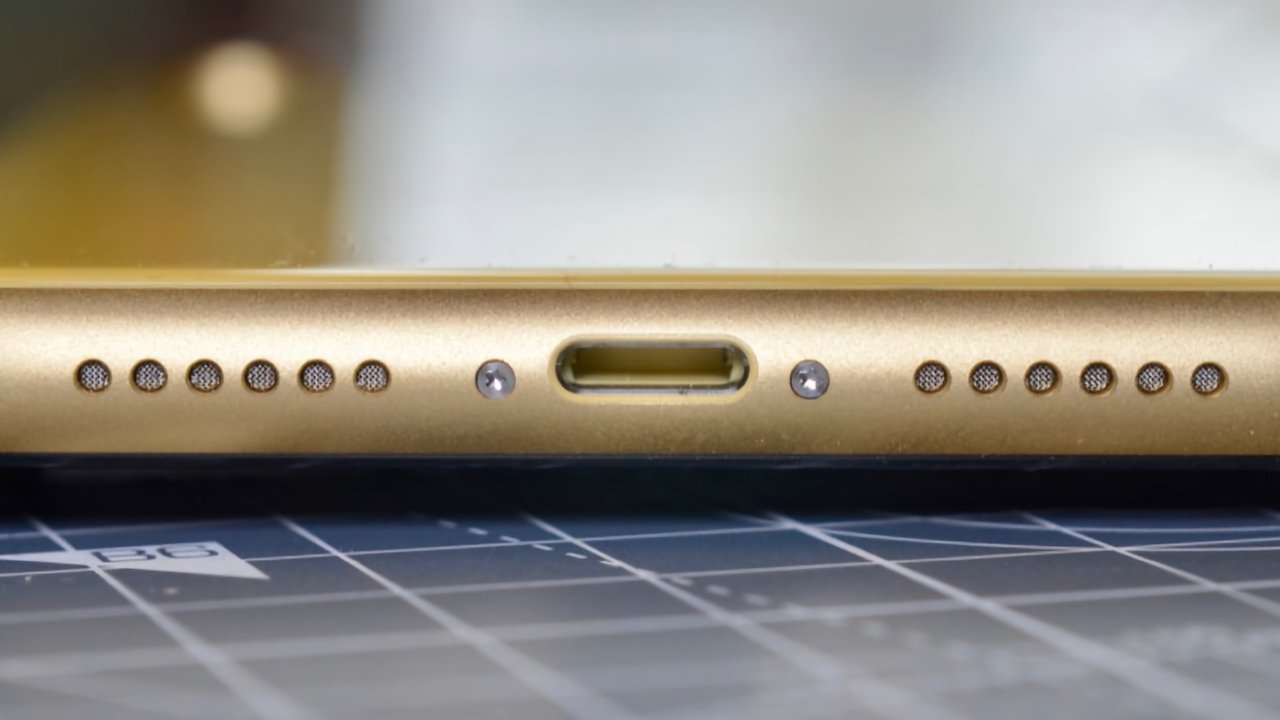
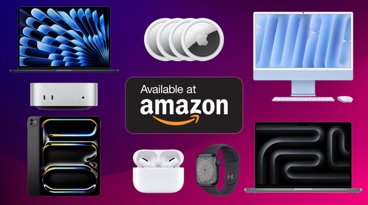
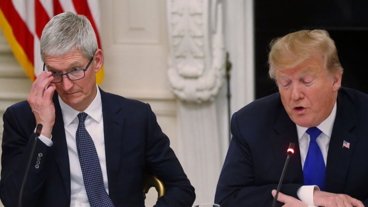
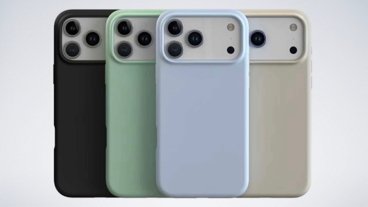




-m.jpg)






 Chip Loder
Chip Loder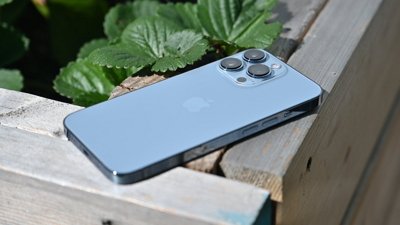
 Marko Zivkovic
Marko Zivkovic
 Malcolm Owen
Malcolm Owen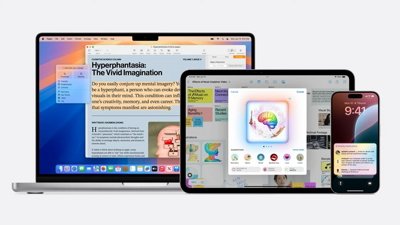
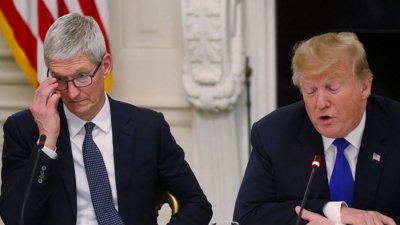

 Christine McKee
Christine McKee
 Andrew O'Hara
Andrew O'Hara
 Andrew Orr
Andrew Orr



-m.jpg)




80 Comments
For data transfer ? I only use my port my iPhone to connect to my car to run Waze. I use a MagSafe charger .
Apple shouldn’t need to be dragged kicking and screaming to implementing USB-C on iPhones. They just can’t seem to get past Lightning because of the revenue it brings in, regardless of how inferior it is.
Really hoping Apple adds USB-C to the iPhone.
But they’re probably going to try to go portless before that even happens. :/
As a Mac and iPad Pro user I’d prefer if iPhones used USB-C but 90% of people don’t care.
We can expect a new AirPods Max with USB-C too :)
Looks like I’ll be upgrading to new iPhone and new APM over the next 2 years :)
I can’t suppress the feeling that EU law makers just do not understand this matter: they consistently talk about chargers which is a good thing. But forcing device connections to use USB C is effectively just about the cables.